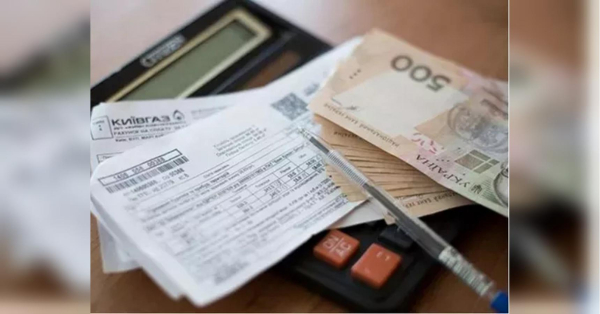
The Department of Justice (DOJ) has detailed its case against 35-year-old Hongjin Tan, who is accused of stealing trade secrets from an oil company. The estimated worth of those secrets is more than $1 billion, according to the DOJ.
“Hongjin Tan allegedly stole trade secrets related to a product worth more than $1 billion from his US-based petroleum company employer, to use for the benefit of a Chinese company where he was offered employment,” Assistant Attorney General John Demers said, according to a DOJ press release. “The theft of intellectual property harms American companies and American workers. As our recent cases show, all too often these thefts involve the Chinese government or Chinese companies. The department recently launched an initiative to protect our economy from such illegal practices emanating from China, and we continue to make this a top priority.”
Tan appeared in court on Thursday when US Magistrate Judge Jodi Jayne set a preliminary detention hearing for Wednesday, December 26.
The man is accused of stealing “hundreds of files” which the FBI says he planned to use to benefit a Chinese company that offered him a job.
The Department of Justice press release claims that “Tan has been residing in the United States for the past 12 years.”
The criminal complaint says that Tan received “a Master’s Degree and Doctorate Degree from the California Institute of Technology in Pasadena, California.”
On LinkedIn, a man named Hongjin Tan who shares both of those credentials is listed as a member of the “Disruptive Technologies team at Phillips 66 Research Center.” At Philips 66, a US-based multinational energy company, Tan claims to have been a “staff scientist” since May 2017.
In the complaint, under the section entitled “Company A Contact with the FBI,” Tan is said to have put in two weeks notice of his resignation at “Company A” — presumably, Philips 66. “Tan’s resignation prompted Company A to revoke his access to company systems, and conduct a Systems Access review of Tan’s computer activity,” the complaint says. “That review confirmed that Tan had accessed hundreds of files, including research reports” which Tan is accused of putting on a thumb drive.
“These files included information that Company A considers to be trade secrets and outside the scope of Tan’s employment with Company A,” the complaint says. The files included instructions on building the unnamed product, plans to market it in China, and plans to use it in cell phone and lithium-based battery systems.
Sourse: sputniknews.com






